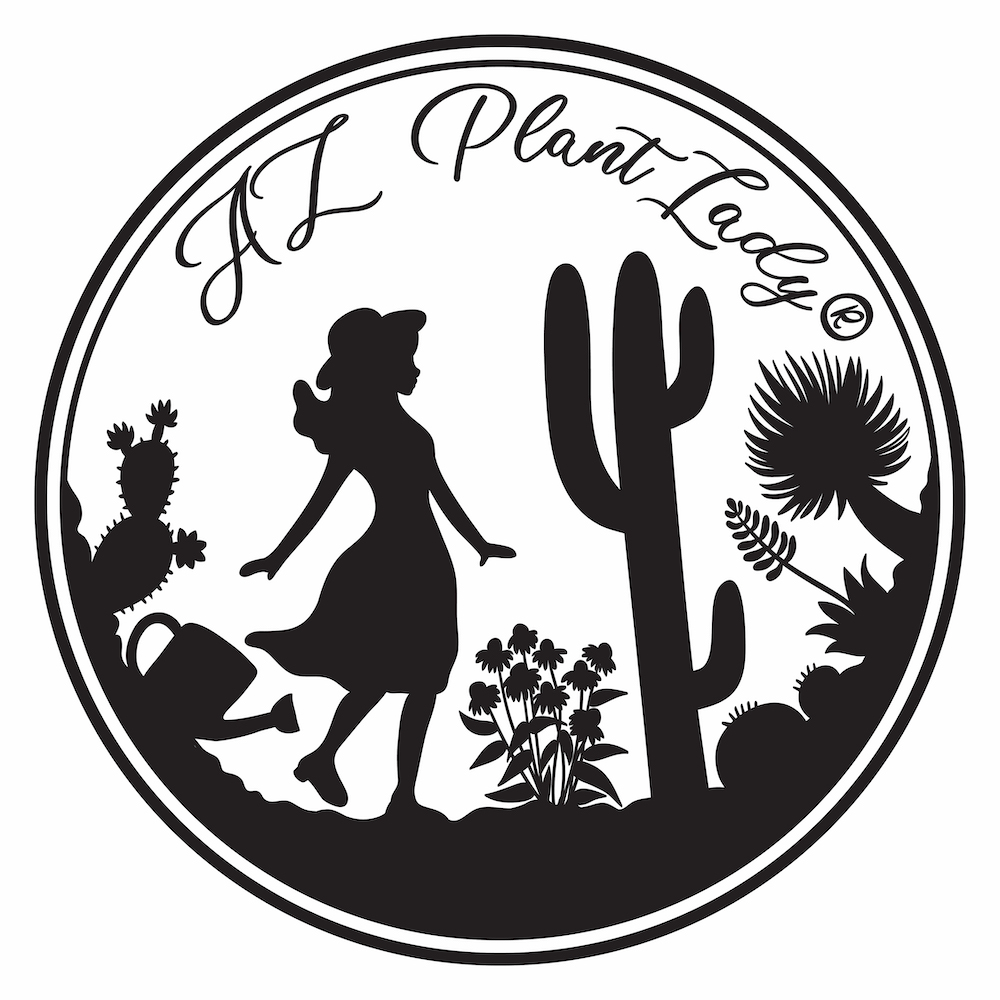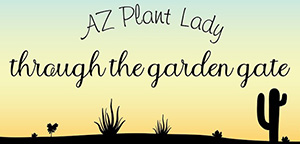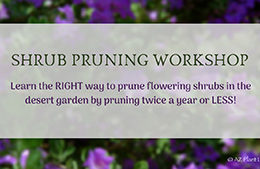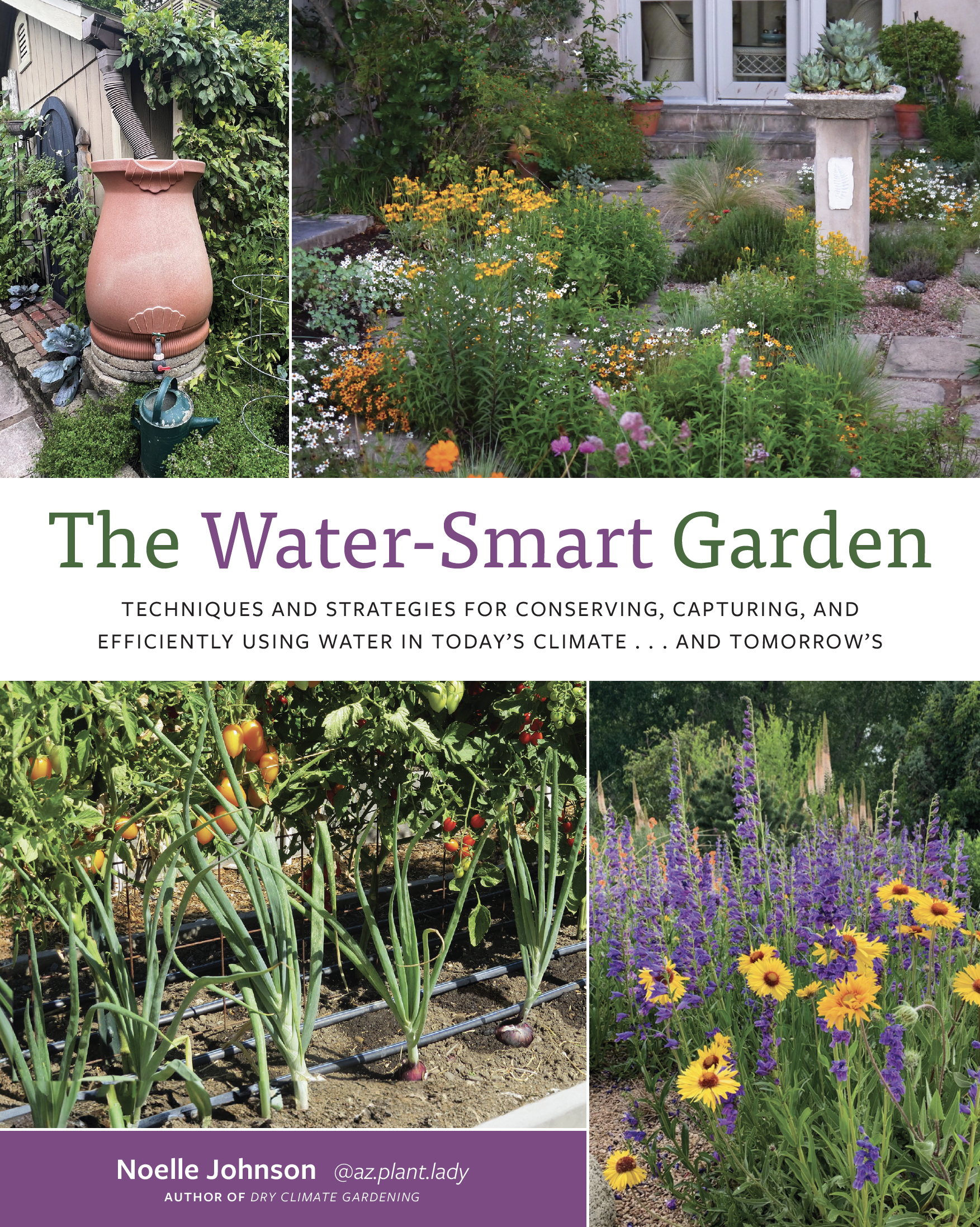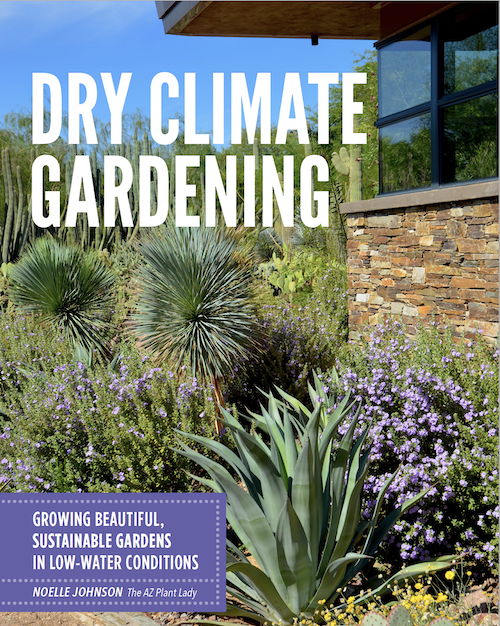Disclosure: Some of the links below are affiliate links, meaning, at no additional cost to you, I may earn a commission if you click through and make a purchase.
I am what many people would call a “planner”. I absolutely love to plan things ahead of time…..trips, schedules, and my garden. As the month of August begins to wane, it is time to start planning my fall vegetable garden.
As a child, I would enjoy sitting down with my dad’s newest Burpee catalog, looking at the newest vegetable and flower seed offerings. Now times have changed and instead of looking through a paper catalog, I was looking at a ‘virtual’ online catalog of numerous seed company sites. One that I especially like is Botanical Interests. They offer high-quality flower and vegetable seed at reasonable prices. Even if you do not purchase seeds from them, they offer extremely helpful growing tips for each type of seed that they sell. I have seen them for sale at some local nurseries and they are also available online as well.

Okay, back to my planning. I have cleaned out much of my vegetable garden, which leaves a tomato plant (which weathered the summer heat very well under shade cloth), a pumpkin plant that is growing mostly outside of the garden and a few basil plants. The landscape designer in me loves nothing better than a mostly blank palette 🙂 Tuesday evening, found me at Double S Farms having our weekly dinner with family and my mother (Pastor Farmer) brought out a wooden chest full of seeds. She had more than she needed and offered to let me have some. *I am often blessed by the generosity of the residents (my mother, sister, and her family) of Double S Farms.

Needless to say, I was in heaven. The different seeds were stored in tiny plastic bags and then placed inside of little Gerber baby food containers. I opened the broccoli container and was so happy to find 4 different types of varieties to choose from.
I filled up my share of Ziploc bags with all different types of seeds. Have you heard the phrase “My eyes were bigger than my stomach?” Well, in this case, I believe that my eyes were bigger than my vegetable garden. I know that I do not have room to grow everything that I would like, but I have some definite favorites that I will plant.
The time to plant many vegetables and flowers begins in September in the lower deserts and I hope to find room to plant the following…..
Broccoli
Garlic
Scallions
Carrots
Lettuce
I am not sure that I have room for the following, but they can also be planted in September in our area:
Beets
Cabbage
Cauliflower
Celery
Eggplant
Peas
&
Radishes
I have also decided to plant some companion plants to help attract beneficial insects and deter damaging insects to my vegetable garden.

Bachelor’s Button / Cornflower (Centaurea cyanus)
I plan on planting Bachelor’s Button, Nasturtiums and Marigolds. Each of these flowers can be directly sown by seed.
Bachelor’s Button can be planted September through November from seed and attracts many different pollinators to my garden.
Nasturtium is a powerhouse in the vegetable garden. They repel damaging insects such as aphids, whiteflies as well as some beetles. Another benefit is that insects that eat scale are also attracted by nasturtiums. *A lesser-known benefit is that both the flowers and leaves of nasturtium are edible. The leaves taste great with mixed salad greens and the flowers make a pretty garnish.
Marigolds are well known for their ability to repel damaging insects in the garden such as aphids, whiteflies, crickets and grasshoppers. French Marigolds (Tagetes patula), also help to repel nematodes in the soil. The bright flowers of all Marigolds attract butterflies and other pollinators.
Here are a few other great companion plants you may consider growing in and around your vegetable garden….
Alyssum (attracts pollinators, beneficial insects)
Basil (attracts pollinators, repels damaging insects)
Chives (repels damaging insects)
Coriander (attracts pollinators, repels damaging insects, attracts beneficial insects)
Lavender (attracts butterflies & bees, repels damaging insects)
Petunias (repels aphids)
Rosemary (flowers attract pollinators, repels damaging insects)
Thyme (attracts beneficial insects while repelling damaging insects)

I plan on preparing the soil in my raised vegetable garden by adding a mixture of compost and aged steer manure. *If you are like me and do not compost (I really should), or have cows in your backyard (I really don’t want any), you can buy both at your local big box store or local nursery. I apply compost and manure twice a year – in in late summer and late winter.
Other types of manure that are recommended for vegetable gardens are chicken and horse. Just make sure that they are aged and not fresh – fresh manure will burn your plants.

Nothing says “I love you” quite like a man who shovels manure for his wife’s vegetable garden.
I am so blessed 🙂
**Many professional and amateur vegetable gardeners have their own special garden soil recipe and they all have great results using different ratios and types of compost, manure and other amendments. What this really means to the backyard gardener is that there is no one ‘right’ recipe. Rather, there are many. The one overriding ingredient is compost. Even if compost is all you use for your garden soil, you will grow great vegetables.
I tend to go organic when I work in my vegetable garden in terms of fertilizer, but I have been known to apply a slow-release synthetic fertilizer in the past. If you decide to use a slow-release synthetic fertilizer, the labeling will tell you how long the fertilizer should last once applied. However, in our warm climate, it will not last that long….cut the length of time in half to determine how long it will really last.

Big box stores are now carrying a wide variety of organic fertilizers. I saw an organic fertilizer blend there just the other day that combined both bone meal, blood meal, micro-organisms as well as myccorhizae, which would work just great in my garden.*Mycorrhizae is a fungus that forms an extremely beneficial symbiotic relationship with plants via their roots.
And so, this weekend will find me adding my semi-annual application of compost/manure and organic fertilizer to my vegetable garden and allowing it to rest for a week or so before planting my seeds, which will actually help the soil.
I can almost taste my fresh grown vegetables…..
For more information about vegetable gardening including what and when to plant, you can check out this link.

